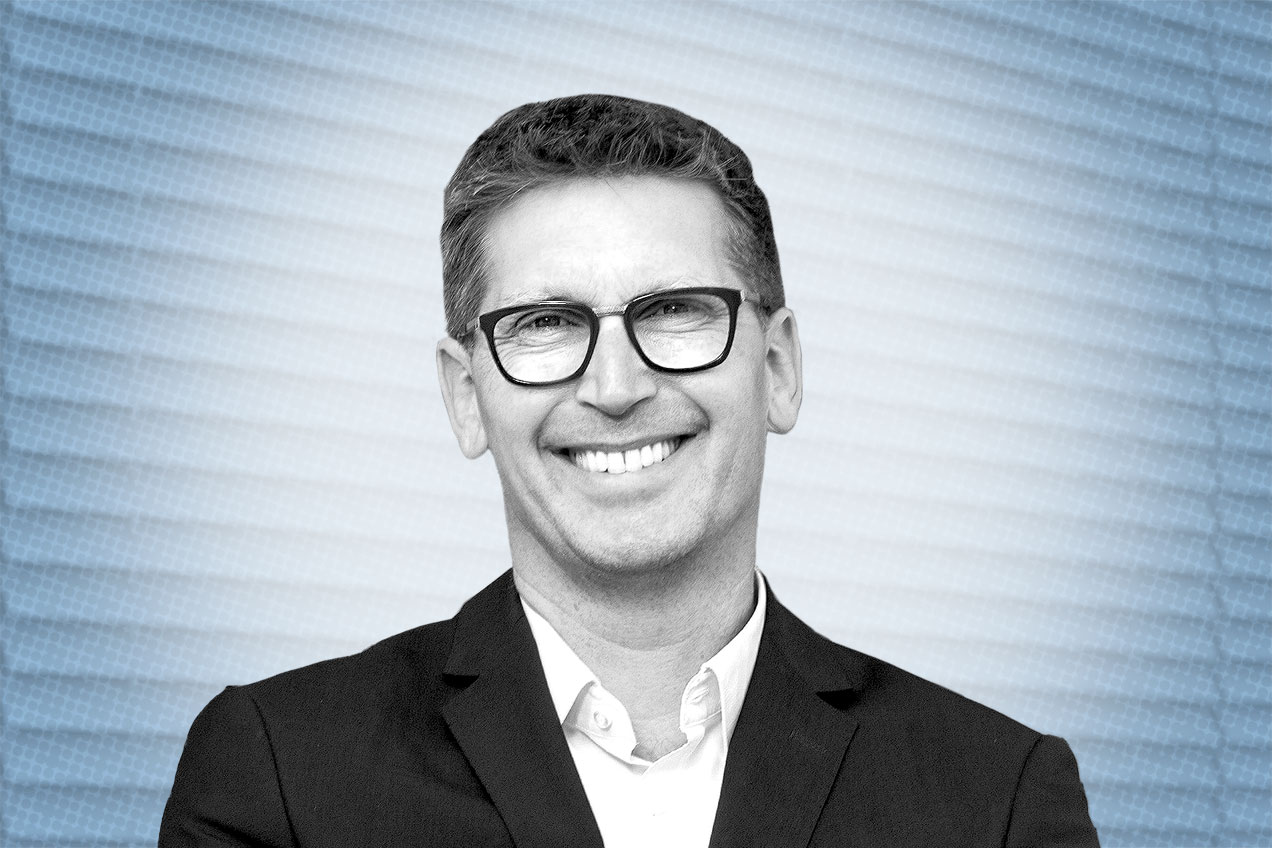Germany is about to adopt a ‘national ports strategy’, which aims to turn ports into hubs for sustainable, green logistics and for them to become pioneers of industrial change in the energy transition.
A simple reform offers the opportunity to finance these steps.
Let’s be clear: Port capacity will be among the bottlenecks for offshore wind expansion in Germany. It is true that the sector cannot achieve the target of 30GW by 2030 and at least 70GW by 2045 without industrial policy support. But it is also true that offshore wind energy harbours enormous economic potential.
Energy transition drives growth
Offshore wind can not only be the backbone of the energy transition, but also become a powerful economic driver for growth, value creation and prosperity.
The investments in offshore wind farms off the European coasts alone add up to more than €1 trillion for an expansion to 300GW. On top of this we can expect huge investments in grid connections and the infrastructure for hydrogen production.
This raises the question of where the value creation will take place. Where will the many components be built? Where will the turbines, rotor blades and foundations come from?
We are talking about tripling production capacities in many areas of the upstream value chain. This would now require hundreds of millions of euros to be invested by the mostly medium-sized businesses of the sector. And we are talking about a required investment of around €9 billion in European ports.
Germany stalled while neighbours built
That's the crux of the matter: While previous federal governments caused uncertainty in the German market a few years ago – with expansion target cuts and a disastrous expansion gap in offshore wind energy – neighbouring countries such as the Netherlands and Denmark have developed their ports in Eemshaven and Esbjerg into first-class offshore wind ports.
We have relied on this infrastructure in recent years. We are now faced with a situation where we want to install almost as many gigawatts in 2029 and 2030 as in the last ten years put together. At the same time, the Netherlands and Denmark have raised their own targets – and we cannot blindly assume that their harbour capacities will be sufficient for us.
Is it time to redistribute auction revenue?
If we want to utilise new port capacities by the end of the decade, we need money and we need to make quick decisions. This could be quite simple – at least politically: At present, 90% of the revenue from Germany’s offshore wind auctions is used to reduce grid fees, and 5% each for measures to promote environmentally friendly fishing and marine nature conservation. The 2023 tenders alone resulted in €670m for marine nature conservation and another €670m for fisheries.
In view of the pressing industrial policy challenges, this could be the solution: The revenue from future auction proceeds should also be used for industrial policy measures to solve bottlenecks for the expansion of offshore wind. To this end, the 10% share of the successful bids in next year's auctions, currently reserved for fisheries and marine nature conservation measures, should also be opened for other uses.
We do not want to abolish support for fisheries and marine nature conservation. We simply see an urgent need for money for the sustainable expansion of offshore wind energy, which will create added value and employment in Germany and other regions.
The benefits of redistribution
The proceeds should for example be used to finance the necessary port infrastructure, to finance subsidised loans for investment measures to increase the production capacities of components, to build a high-quality rescue infrastructure, to set up a job platform and an offshore academy to qualify skilled workers and, last but not least, to strengthen research and development.
Meanwhile, Germany’s federal and state governments are arguing over responsibilities. According to sources at the economics and climate action ministry, money for the federal states' port expansion projects will not be flowing so easily from the national level. The ministry also shies away from the prospect of providing money to its coalition partner, whose transport ministry is responsible for ports.
A lot is possible here without burdening the federal government's budget – industrial policy at zero cost.
Stefan Thimm is managing director of Germany’s offshore wind association BWO

.png)


.png)










